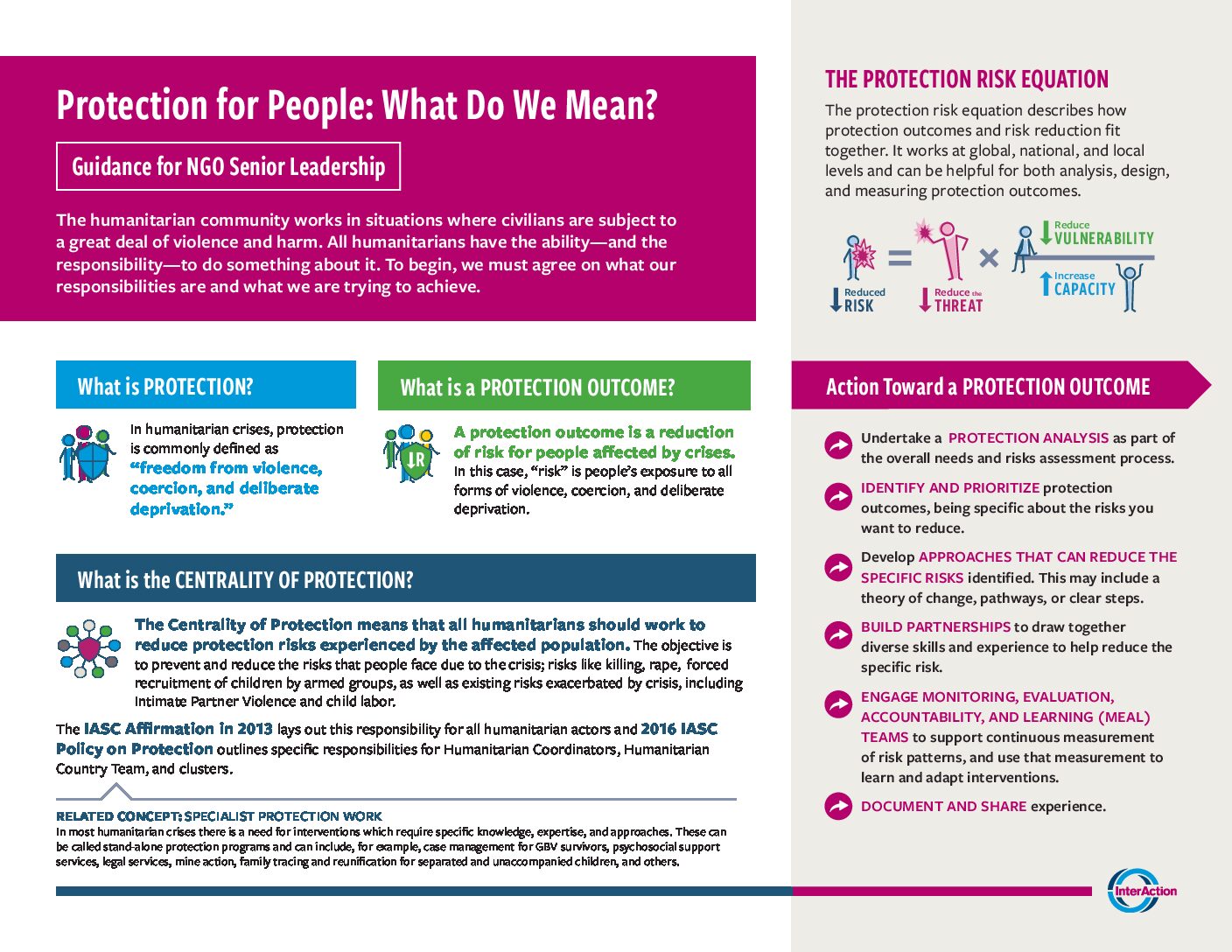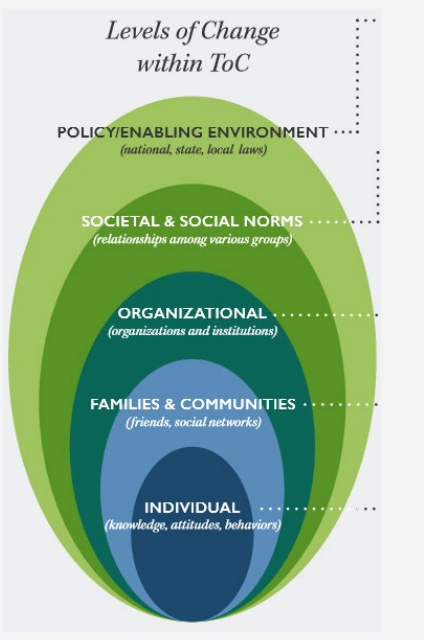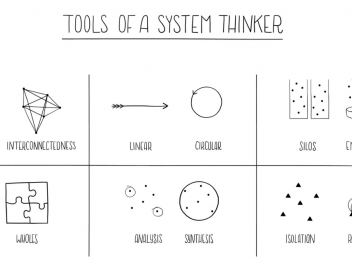Featured Resource
 Protection for People: What Do We Mean? Guidance for Senior Leadership
Protection for People: What Do We Mean? Guidance for Senior Leadership

InterAction has published and collected resources including tools, reports, project evaluations, blogposts, and others from Members and partners that promote results-based approaches to protection since 2012; all of which can be found in this resource library. To explore practical case examples of RBP in practice, visit the case example page. Background photo By: Simon Moricz Sabjan is licensed under the CC BY-NC 4.0 license.
Following years of learning and active participation in developing its work on power and power analysis, the Carnegie UK Trust and the Joseph Rowntree Foundation developed a practical guide designed for people, within organizations, networks or community groups, who want to explore power in relation to achieving change in the interests of the communities with whom they are working.
This article as part of the openDemocracy blog series on Evaluation and Human Rights highlights Oxfam’s protection programme in the Democratic Republic of the Congo (DRC), its engagement of Community Protection Committees to identify and address threats and measure milestones of change
In April 2015, the International Committee of the Red Cross and InterAction convened a closed-door roundtable to discuss options for assisting civilians trapped in the midst of hostilities, cut off from essential aid, or facing imminent or ongoing risk of targeted attacks.
On June 29, 2015 at 10am EST, the CPC Learning Network hosted a webinar featuring Dr. Sarah Meyer, Associate Director of Research at the Centre of Excellence for the Study of the African Child (the Africhild Centre). This webinar focused on the experience of the CPC Learning Network and the United Nations High Commission for Refugees (UNHCR) in developing, piloting and refining a Child Protection Index (CPI), designed to assess child protection system strength in humanitarian settings. This presentation situated the CPI within discussions, frameworks and research on the strengths of child protection systems in the child protection field.
The L2GP studies explore how people living in areas affected by natural disasters and complex emergencies understand ‘protection’ – what do people value, and how do they go about protecting themselves, their families and communities?
In particular, although it is not a new report, this study on Protection in the occupied Palestinian territories underscores many of the elements of results-based protection.
This Children in Armed Conflict Accountability Framework is a practical resource that promotes accountability for serious violations of international law committed against children in armed conflict. It responds to the significant gap that exists in preventing and remedying these serious violations – and is designed to assist policymakers and practitioners working at all levels to bridge this gap.
The TAAP: Transforming Agency, Access, and Power initiative is a resource of analytical frameworks and practical tools for practitioners, organizations, and policymakers looking to integrate social inclusion into program design, implementation and learning. Of these practical tools is the TAAP Toolkit and Guide for Inclusive Development, which aims to ensure that social inclusion and inclusion sensitivity are integrated into every phase of the project life cycle.

Having identified that little robust evidence exists related to programmatic
outcomes and impacts of CFS in humanitarian emergencies, a team of
researchers from Columbia University and practitioners from World Vision,
in collaboration with Save the Children, UNICEF, and other members of the
UN GPC Child Protection Working Group, sought to contribute to this
evidence base the first robust estimate of the general impact of CFS as a
humanitarian intervention
In this installment of Acaroglu’s series on systems thinking, she articulates the key terms that constitute a systems mindset that enhance our ability to think critically and creatively about how to problem-solve in complex systems.

"*" indicates required fields